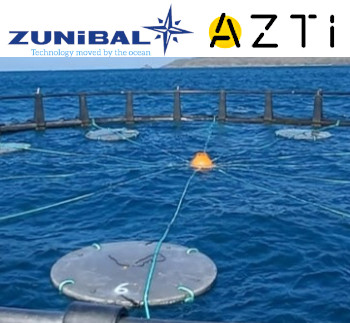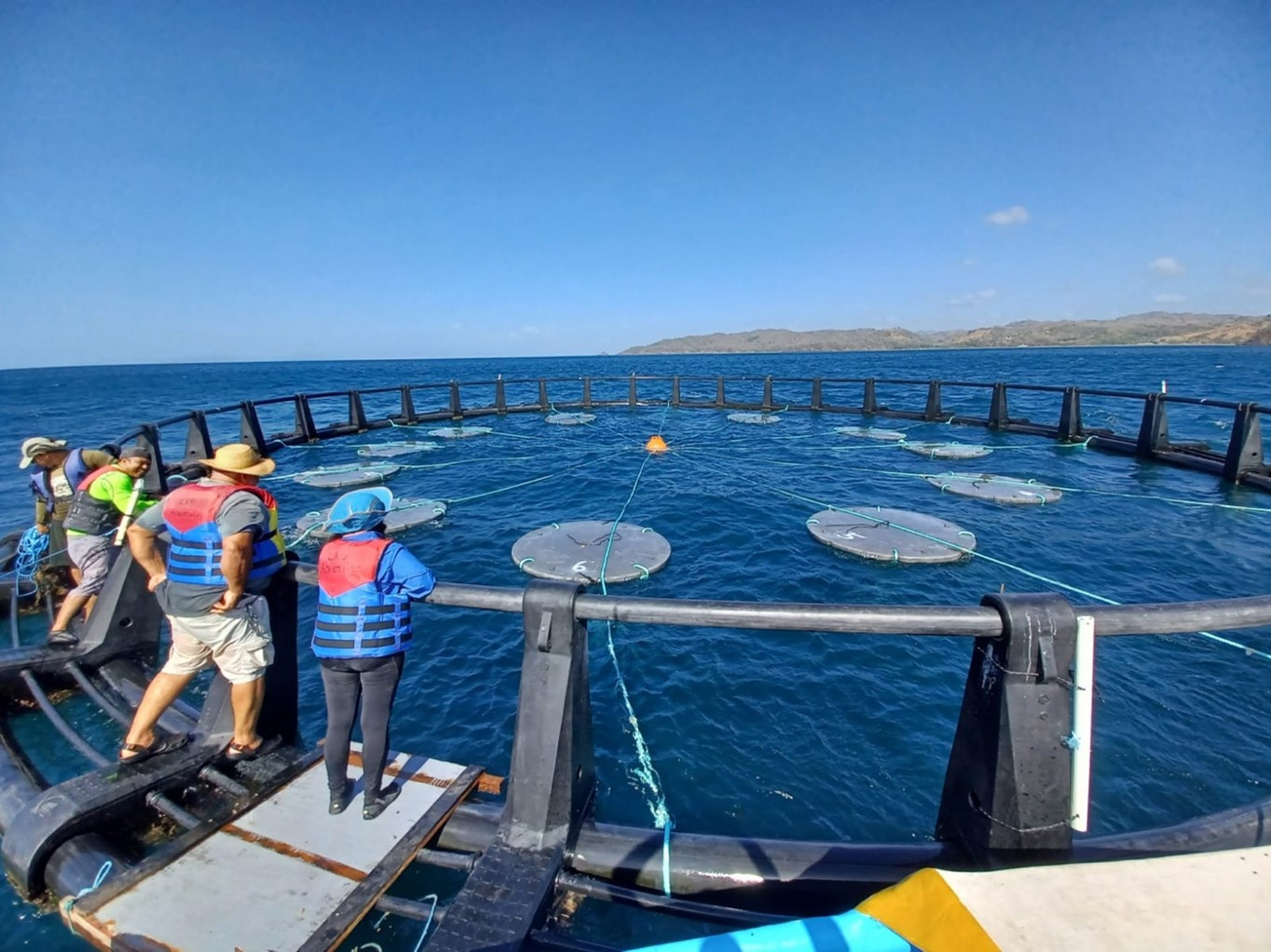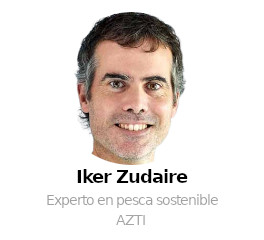|

Image: Zunibal / FIS
New Biodegradable Materials for More Sustainable Tropical Tuna Fishing
 SPAIN
SPAIN
Friday, May 17, 2024, 07:00 (GMT + 9)
Fish Aggregating Devices (FADs) are tools used by the tuna industry in its fishing work, due to their ability to concentrate fish. These designs have been evolving over the years with the aim of minimizing their impacts on the marine environment. However, important challenges remain, especially in the search for more sustainable materials and in simplifying their configuration.
In response to these challenges, Zunibal has led the design of a new industrializable floating platform using a compostable biobased material. The solution is aimed at the tropical tuna purse seine fleet with the aim of minimizing the generation of marine waste and the environmental impact on these ecosystems.

Source: Zunibal
This innovation was presented to the fishing industry in November, a meeting during which Zunibal, in collaboration with AZTI and representatives of the large tuna fleets, began the process of preparing the platform for testing in tropical marine environments.
 During the preparation of the tests and thanks to the close cooperation between Zunibal, AZTI and the industry, the opportunity was detected to adapt the platform, originally designed to function as a floating element of the FAD, for submerged use, more suitable for oceans such as the Indian. During the preparation of the tests and thanks to the close cooperation between Zunibal, AZTI and the industry, the opportunity was detected to adapt the platform, originally designed to function as a floating element of the FAD, for submerged use, more suitable for oceans such as the Indian.
To achieve this, the Zunibal team, in collaboration with AZTI, has built and incorporated into the tests a submerged, non-meshing grill made with the same compostable biobased material. This design, like its floating version, limits the number of elements necessary for the construction of these devices, facilitating their collection in case of loss at sea or stranding.
“With these two designs, components such as synthetic fabrics and raffias or other flotation devices such as foam floats (bolos) will not be necessary or will be significantly reduced. Thus, through materials that improve the characteristics of the FAD, we manage to minimize its environmental impact,” says Iker Zudaire, AZTI sustainable fishing expert.

<-- Source: Zunibal
Two phases of testing
The two new FAD prototypes will be validated in two testing phases. The first phase is being carried out under tropical, semi-controlled conditions at the Achotines Laboratory facilities of the Inter-American Tropical Tuna Commission (IATTC) in Panama, having begun on March 1 and with an expected duration of 18 months.
The second phase will be carried out in real conditions, with the collaboration of companies such as Albacora, Nauterra, Pevasa, Echebastar and Inpesca, which will begin the deployment of the FAD during the months of May, June and July, including 60 floating platforms in the Atlantic Ocean and 150 submerged platforms in the Indian Ocean.
 The main challenge is to study the effectiveness of the new material for the construction of FAD platforms and compare them with conventional ones to confirm that they not only contribute to reducing the environmental impact of the tuna sector, but are also a useful tool for fishing practice. The main challenge is to study the effectiveness of the new material for the construction of FAD platforms and compare them with conventional ones to confirm that they not only contribute to reducing the environmental impact of the tuna sector, but are also a useful tool for fishing practice.
This project, with a completion date in 2025, is part of the line of work that AZTI and Zunibal develop in collaboration with the European tropical tuna purse seine sector and the IATTC to minimize the possible negative impacts of fishing activities on the FAD. “It is essential that the industry and the scientific community collaborate to ensure the sustainability of marine resources, especially in tropical tuna fishing. The adoption of practices based on scientific research ensures optimal operations and effective long-term management, essential to preserve both the ecosystem and the economic viability of the sector,” concludes Álvaro Núñez de Zunibal.
Source: Zunibal (Translated from the original in Spanish)
[email protected]
www.seafood.media
|



